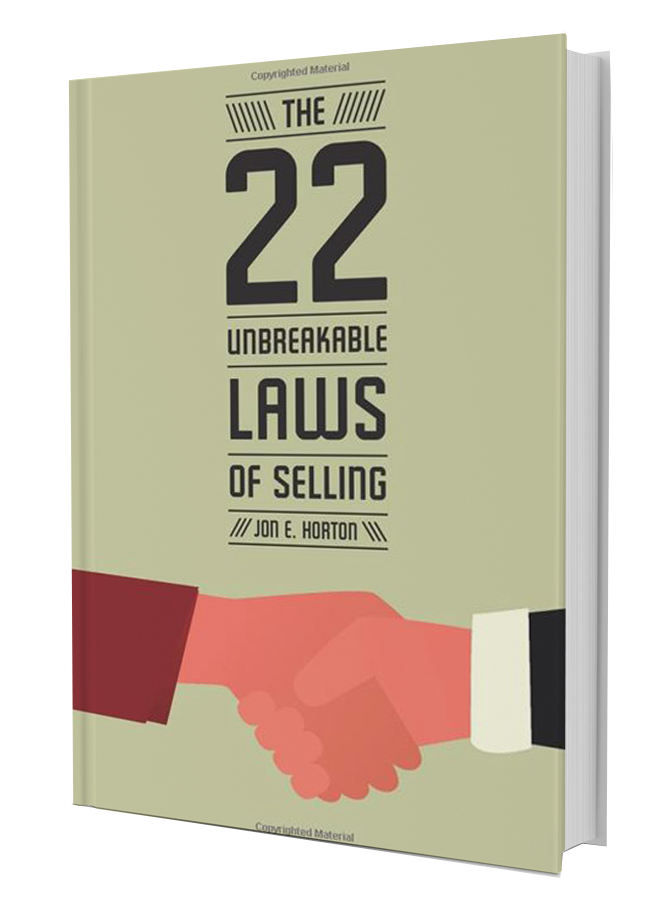At some point in my sales career, I emerged as the top revenue producer for my employer. Much of the credit for that happy result goes to my managers who were both excellent teachers and very, very patient. Absent their nurturing, my story could have had a very different ending. In my early days as a seller, I really killed it.
In today’s twisted vernacular, “killed it” is an exclamation of success. But that phrase had a much more literal application to the results of my work as a fledgling seller. New prospects were lucky to survive my early style (or lack thereof) as I snuffed potential deals left and right.
As I consider possible topics for my monthly blogs, my routine is to review my own past mistakes and turn them 180 degrees into positive prescriptions for successful performance. But this time, for a change of pace, I’ve decided to provide only the negative side, leaving the heavy lifting to you. So here are five of the worst habits I struggled to overcome:
- Convinced that I had been blessed with “the gift of gab”, I put this talent on display early and often. Other than, “How are you”, it was usually 20 minutes into my conversation (monologue) with new prospects before I ever asked a question. After all, whoever heard of, “the gift of listening”?
- I loved to debate my clients, arguing the factual and logical merits of their objections. This habit was pretty useful during my three years in Law School but, in the real business world, not so much. I was oblivious to the fact that many buying decisions are emotionally driven, based on silly things like trust or friendship.
- The content of my client proposals was defined, in large measure, by where I stood relative to achieving my monthly budget. If I were close to that magic number, prospects were asked for a modest investment and, of course, vice-versa. Customers often recognized that my presentations were designed to meet my needs, not theirs.
- Price integrity was not part of my vocabulary – I was all about writing orders. Rather than waste time trying to justify a premium to a customer, I found it easier to argue the case for accepting a bad deal with my managers. That way, the onus for losing a piece of business fell on them rather than me.
- My desks (office and home), car, briefcase and (yes) bathroom were littered with scraps of paper. I was good at writing down anything important but the idea of collating my notes into a single tool had escaped me. I was too busy to be organized and my gross inefficiency resulted in missed deadlines and forgotten ideas.
I could fill many more pages with the “sins” I committed as a novice salesperson. But I’m pretty sure that my Top Five would show up in the autopsies of most dead deals. Fortunately, I was coachable and I got much better at my craft. Were it not so, this article would have been titled The Death of a Salesman.
So, besides the entertainment value of my confessional, what might managers and sellers take away from exposure to my weaknesses?
- Stop laughing at me long enough to consider whether there are any signs of my bad habits in yourself or your staff. If so, address them now. Remember, the purpose of education is to turn a mirror into a window.
- When I was a stumbling rookie, would you have recognized my bright future or would you have dismissed me as a lost cause? The trick for managers is to correctly identify the new sellers with both the ability and willingness to learn from mistakes. And to have patience…lots and lots of patience.
Jon E. Horton is the author of The 22 Unbreakable Laws of Selling available in both paperback and Kindle versions from Amazon.com. For more of his blogs, please visit www.JonEHorton.com. Comments to Jon@JonEHorton.com.
Last updated:
Sep 29, 2014

